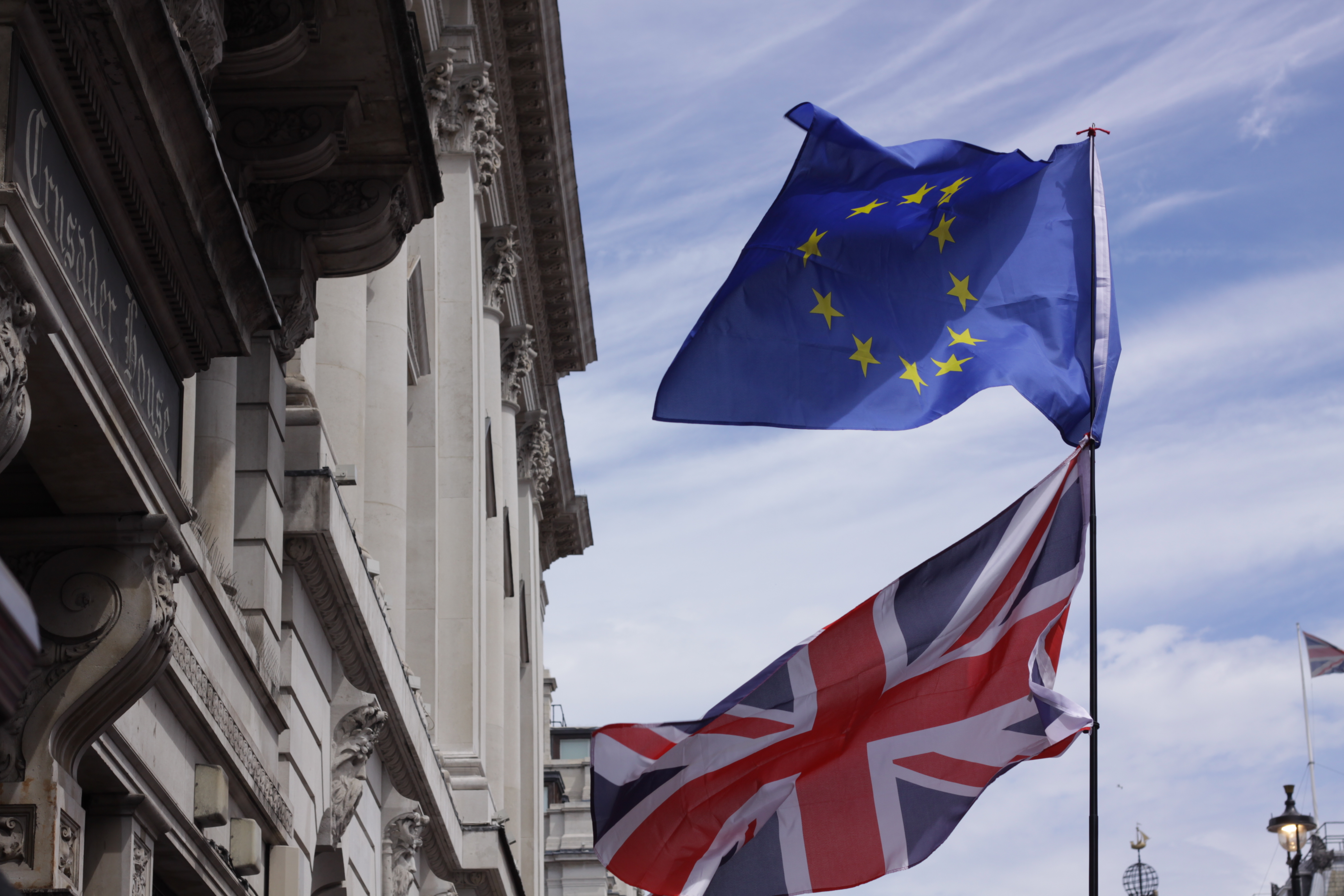

The Prime Minister is touring Labour-held, leave-voting seats across the North of England, in a final push to win over voters before polling day.
Boris Johnson began his tour of the so-called “red wall” – Labour-backing seats in the North of England – this week.
Starting in Humber and Wearside, Johnson headed to Sunderland on Tuesday. The latter is famously the first region in the UK to vote Leave, with 61 per cent of voters backing Brexit in 2016.
In a speech to factory workers, Johnson attacked Parliament, saying it has “bent every rule and broken every convention as it has delayed, diluted and denied Brexit”.
He also took aim at the Labour Party, saying: “They won their seats on a false prospectus and then stuck two fingers up to the public.”
Meanwhile, the Labour Party has turned its focus away from Brexit in the final days of the campaign. Instead, it has spotlighted issues such as austerity and the NHS.
Jeremy Corbyn kicked off the week with a rally in Bristol, where he told the audience: “We’ve had nine years of austerity in Britain… nine years when our local councils our health service and so many other services are being cut to the bone.”
Shadow chancellor John McDonnell also pledged to “end austerity” within 100 days of winning the election, if Labour is voted in on Thursday.
Why is Johnson targeting the marginals?
Though Sunderland has not had a Conservative MP since 1959, a recent YouGov MRP poll found that it was among a handful of seats likely to swing Tory on Thursday.
Electoral analyst and former Conservative MP Lord Robert Hayward OBE told Raven News that last-minute visits to swing seats are a tried and tested strategy among politicians: “All the party leaders will leave their diaries open for the last days [of the campaign], to follow the route that is natural in terms of potentially picking up seats.”
Lord Hayward said North England seats are an obvious target for the Conservatives. Though they have historically voted Labour, Hayward says “these seats are changing”.
Demographics in the North of England are shifting from heavy industries like coal and steel to white collar work. Therefore, their sense of community has broken down.
Lord Hayward said: “They voted overwhelmingly to Leave, by very clear margins. The changing demographics and Boris Johnson’s particular stance on matters like Brexit are attractive to that group of voters.”
Corbyn, he said, employed a similar strategy when he visited Northern Wales last weekend: “The indications are that the Labour party is in difficulty in North Wales, so he’s gone there to boost the party to support the candidates locally.”
Meanwhile, Corbyn’s continued focus on issues such as “NHS, pensions, education and austerity” is “the natural route for any Labour leader”.
The final push
With just two days left on the campaign trail, both Corbyn and Johnson will continue touring the UK.
Johnson will push his “get Brexit done” message across North England, Wales and East Anglia before heading to the South West, where reports show it is a tight race between the Tories and the Lib Dems.
Corbyn will continue to spread his anti-austerity message across the Midlands, North East and West England and Scotland, before a final rally in London on Thursday.
